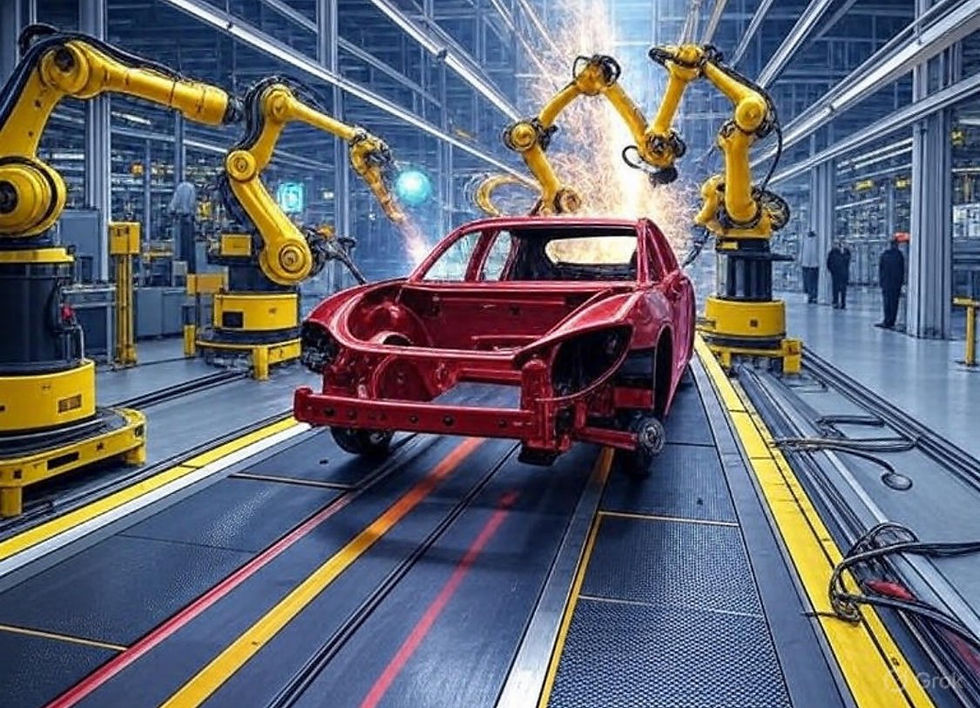Winter Has Come for Stellantis: Production Cuts and Overcapacity in Europe
- Hakan Doğu

- Sep 26, 2025
- 2 min read

French financial newspaper Les Echos has published a striking analysis on Stellantis, the global automotive group formed by the merger of Fiat Chrysler Automobiles (FCA) and PSA. The group achieved strong double-digit profit margins in its early years, largely thanks to cost-cutting expert CEO Carlos Tavares.
However, in 2024, difficulties in the U.S. operations led to a significant drop in profitability and cash flow. As a result, Carlos Tavares stepped down, and Stellantis appointed a new CEO to lead the company forward.
Due to political pressures, Stellantis had been unable to downsize its European operations for years. Now, with an -8.1% drop in sales between January and July 2025, the company is facing a harsh reality: significant overcapacity across its European manufacturing footprint.
As a response, Stellantis has temporarily halted production at several of its plants:
Zaragoza, Spain: 7 days (Corsa, 208)
Eisenach, Germany: 5 days (Grandland)
Madrid, Spain: 14 days (Citroën C4)
Poissy, France: 3 weeks (DS3, Opel Mokka)
Tychy, Algeria: 9 days (Jeep Avenger, Fiat 600, Alfa Romeo Junior)
Pomigliano, Italy: 15 days (Panda, Tonale)
Currently, no other major automaker is implementing production cuts of this scale. Still, this could change soon, as the overall trend in the European automotive industry indicates a shift towards reducing capacity. This, in turn, could lead to social challenges and increased friction with governments.
Europe’s car market has shrunk from 15 million units pre-COVID to around 12 million today. Additionally, new regulations and urban policies aimed at reducing car use are pushing automakers into the A and B segments, which generally have lower profitability.
Germany had already announced capacity reduction plans extending to 2030. As German manufacturers see diminishing profits in China, a similar trend of downsizing may emerge there as well.
Once flourishing during the COVID era, the auto industry entered an autumn phase last fall. Now, it appears to be in full winter.
Naturally, Stellantis’ Turkish operations, particularly Tofaş, are also being affected by these developments.



Comments